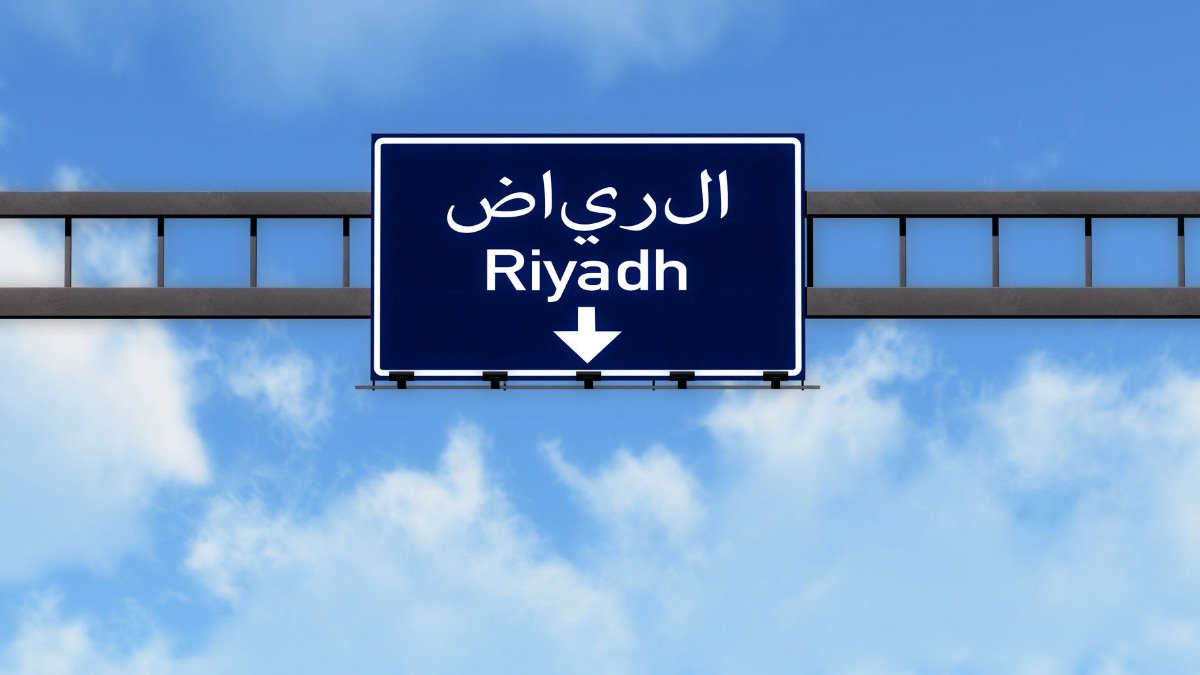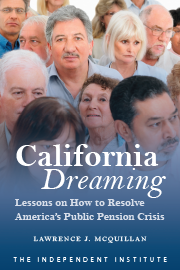In June Saudi Arabia lifted the world’s last ban on women driving and news coverage featured photos of smiling women holding up driver’s licenses. Too bad that’s only half the story.
Many people who fought for greater freedom for Saudi women are behind bars, some facing possible 20-year sentences. And Saudi law still relegates women to second-class status, as do many other countries.
Each year the Fraser Institute ranks 159 countries based on their level of economic freedom. Many countries, including Saudi Arabia, have extensive economic freedoms, but they are reserved for men.
Recognizing this injustice, Fraser economist Rosemarie Fike created a Gender Disparity Index (GDI) to measure the degree to which women in each country have the same legal rights as men regarding economic freedom. Fike then adjusted the original economic-freedom rankings accordingly.
She measured gender disparity by examining each nation’s laws regarding freedom of movement, property rights, financial rights, freedom to work or start a business, contractual freedom, and women’s legal authority. The results are eye-opening.
Saudi Arabia oppresses women the most and so has the worst GDI score. The kingdom ranks 99th in economic freedom, but after considering women’s economic freedoms, its ranking fell a staggering 23 places, tying Qatar and the United Arab Emirates for the largest drop.
Bahrain and Jordan also fell significantly after adjusting for gender disparities in the law. The North African nations of Egypt, Morocco, and Niger fell 10, five, and four places respectively. Other major decreases were Russia, which fell six places, and Poland, which dropped four.
Women benefit from economic freedom in many ways, according to Fike’s Impact of Economic Freedom and Women’s Well-Being. In countries where women have high levels of economic freedom, nearly 45% are in the workforce, while in countries where women have little economic freedom, the portion is only 24%. Only 14% of women earn wages in oppressive countries versus 43% in the freest countries.
Women are 15 times more likely to die in childbirth in unfree countries. In contrast, they live 17 years longer on average in freer countries.
Women have more access to education in countries where they have more economic freedom, with 94% of adult women being literate, compared to 60% in countries with little economic freedom for women.
Thankfully, the worldwide trend since 1970 has been toward the elimination of gender-based laws. Lifting the Saudi driving ban is an example of women gaining more freedom even in oppressive countries.
Fike’s research does not examine customs, traditions, and religious practices that can also disadvantage women. Consider Nepal. In 1995 and 2000 Nepal’s GDI score was on par with many Middle Eastern and North African nations. But in 2015 it was barely affected by the gender adjustment, indicating equal legal rights for Nepalese men and women.
Still, recent reports describe how young women die every year in Nepal, where custom dictates they leave their homes during their monthly period. Exiled to huts, they die from smoke inhalation, exposure to cold, or animal attacks. The GDI does not account for such customs.
Societies that respect economic freedom for only half the population are not free. The #MeToo movement has spotlighted the personal and workplace costs of sexual harassment. That’s true even in societies boasting equal legal rights regarding economic freedom. Clearly, laws and practices that artificially restrict the full participation of women in the economy also have economic costs.
But no less important than forgone dollars and cents is the personal unfairness of legally limiting a woman’s ability to pursue her dreams and aspirations, no matter where they take her—even if it’s just a drive with friends around Riyadh.










